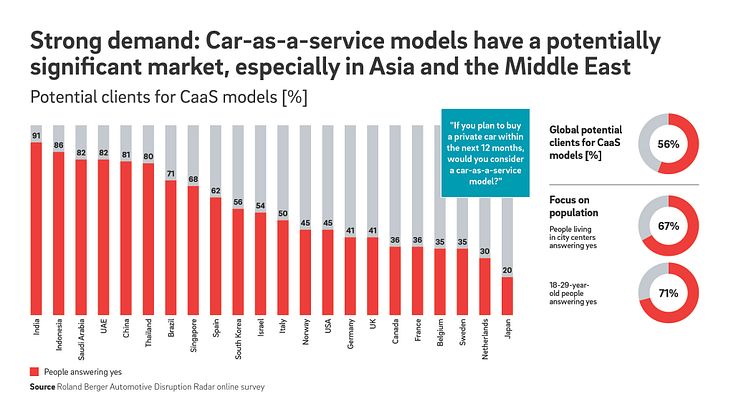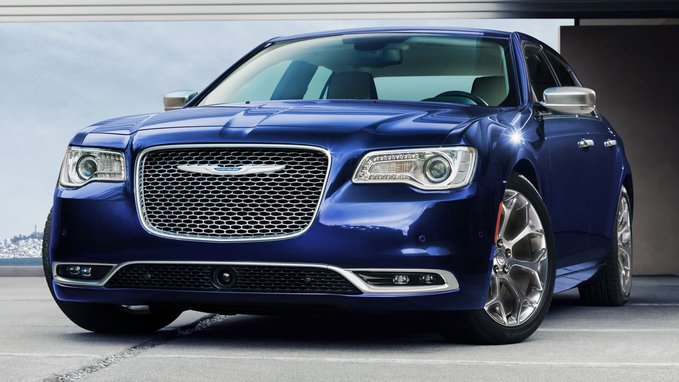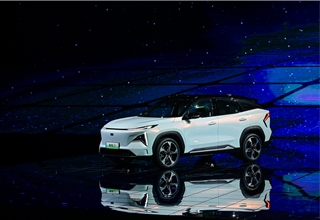Sales of electric vehicles continue to grow despite challenging economic conditions due to inflation and rising energy prices. According to Roland Berger’s latest “Automotive Disruption Radar” (ADR 12), the share of electric vehicles in the countries analyzed has reached a record high of 13.2%, down from 6.9% in the last 12 months. It has almost doubled and quadrupled from 2020’s ADR8 (3.3%). A biannual report that tracks 26 vehicle metrics in 22 countries also marks a shift away from traditional ownership models. Interest in car-as-a-service (CaaS) models has grown 11% since 2019.
Roland Berger partner Stefan Riederle said: “For example, sales of electric vehicles are up to 23% in China, where production has stopped as a result of the Covid lockdown. will only continue.”
Demand for mobility soars in Singapore
Singapore, which finished in the top three in the last ADR, overtook China and the Netherlands to secure the top spot for the first time. The city-state performs particularly well on mobility indicators, with 15% of Singaporeans traveling her distance via demand-driven modes (car sharing, ride-hailing, etc.) and 46% by public transport. It was via
Former ranking leader China has fallen to second place, but remains the most enthusiastic about electric vehicles. 90% of his buyers said he would consider an EV for his next car purchase. Ongoing supply problems with his chain in Europe saw ADR10 leader Holland continue to drop in the rankings, placing him in third place, joined by Norway. The Scandinavian country has by far the most EV sales of any country, with 76% of the country’s new car sales coming from all-electric his PHEV (plug-in hybrid EV) or FCEV ( fuel cell EV). Sweden was the next highest performer in this category with 47%.
Mobility recovers as coronavirus fears subside
Demand for mobility solutions such as ride-hailing services, e-scooters and public transport dipped at the peak of the Covid-19 pandemic, but is rising again, and in some cases to pre-pandemic levels, as fears of contagion abate. In the latest ADR survey, 65% of respondents said they knew at least one person who gave up their own car in favor of alternative transportation, compared to 55% in 2020. I understand. This sentiment is particularly strong in India, Singapore and Indonesia.
Demand for Flexibility Makes CaaS Model Popular
As consumers turn away from traditional buying and leasing options in favor of flexible subscription models, there is a growing trend towards all-inclusive CaaS models. More than half (56%) of car buyers indicated they would consider his CaaS model, and 45% said they were willing to pay his 20% premium to comparable lease rates for flexibility. rice field.
“Consumer habits are changing, and younger customers in particular are more likely to sign up for a subscription model that offers convenience and flexibility,” says Riederle. “It is critical that OEMs adapt to this trend by offering more flexible payment solutions and comprehensive car-as-a-service options.”
sauce: Roland Berger
https://www.automotiveworld.com/news-releases/roland-berger-automotive-disruption-radar-electric-vehicle-boom-undeterred-by-economic-downturn/ Roland Berger: Automotive Disruption Radar: Recession-proof electric car boom








